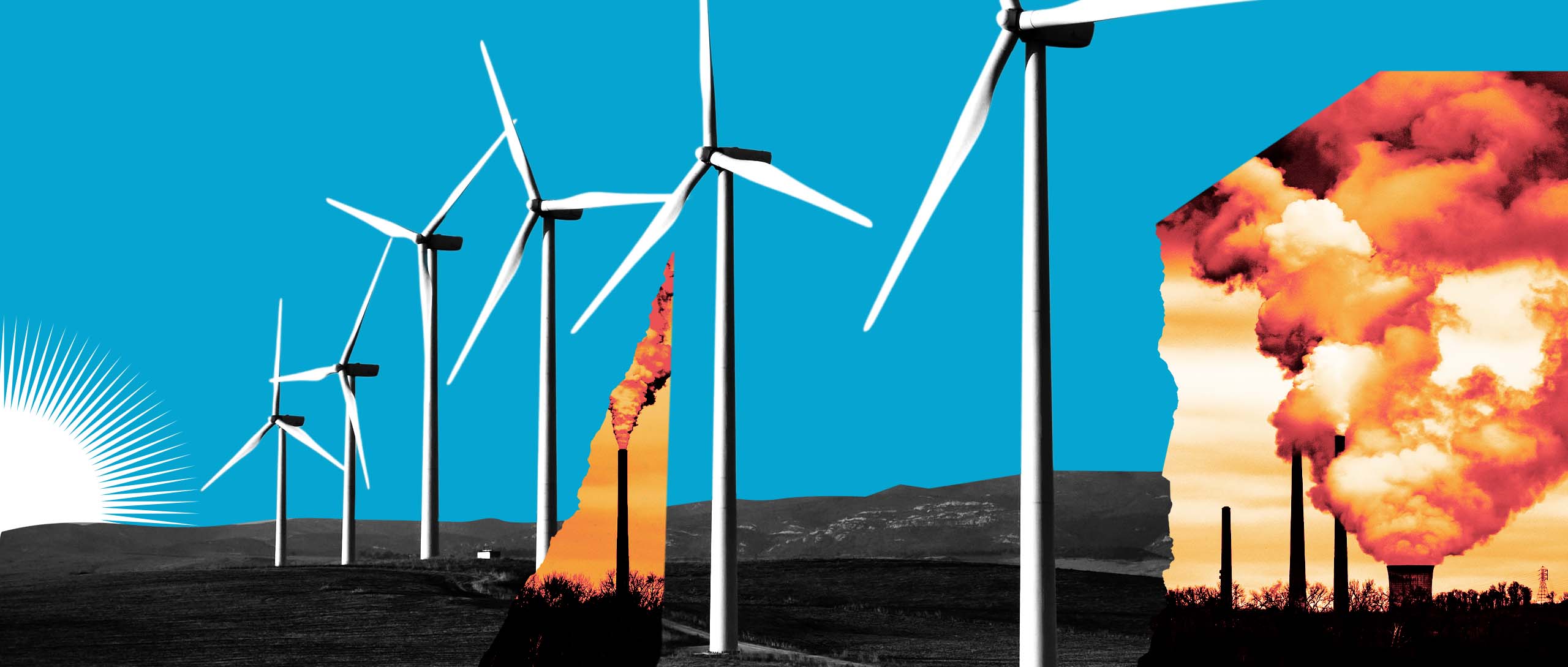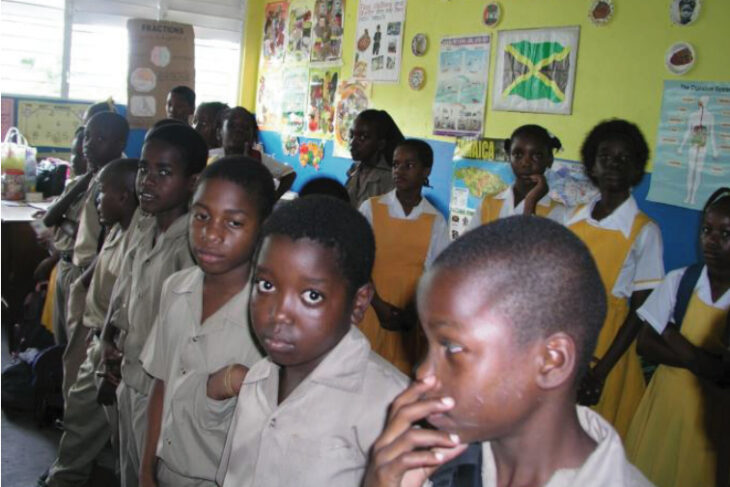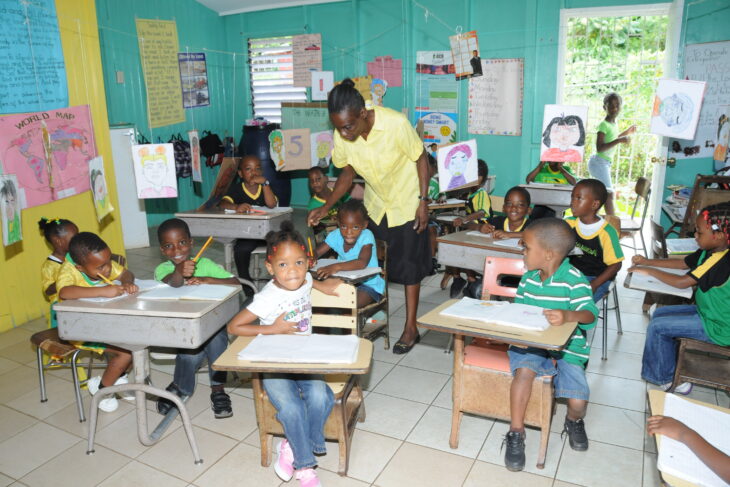
We all have concerns about the current weather patterns resulting in increasing incidents of flooding and drought and many of us glibly put them down to “Climate Change”, now a catch-all phrase for all our environmental woes.
Although our worries have intensified in the last 20 or so years, the international scientific community detected the signs long before and brought them to the attention of the United Nations (UN). As a result, the Conference of the Parties, aka COP, was established by the UN as a decision-making body for monitoring and reviewing the implementation of the UN’s Framework Convention on Climate Change (UNFCCC). Signatories to the Convention are called the “Parties” and these include almost every country in the world. Currently there are 197 countries and territories that have signed the Convention, signalling the universal collective concern and commitment to play a role.
The COP, simply put, is a meeting of designated representatives of the Parties. At these meetings, issues determined to be important to addressing climate change are aired, and agreement made for mitigating and adaptation measures.
The first COP was held in Germany in 1995. At each subsequent meeting, held annually, progress made towards previously agreed goals as well as research results, and innovations undertaken are shared. This year the 27th meeting of the Parties is being held, hence COP27.
Against the background of a pandemic, supply chain disruptions, war and sky rocketing food insecurity, representatives meet in Egypt to discuss the progress and inter-relatedness of the current paradigm.
Climate Reparation?
Now accepted as a glaring truth is the inequitable burden on countries with least contribution to climate change and who have the least ability to cope with its impact. Jamaica, for example, being a small island developing state (SIDS) contributes little by way of greenhouse gases (GHG) responsible for global warming, however our coastline is being eroded, and if the predictions of our local guru on climate change are near correct, by 2030 some of our towns may be no more.
Add insult to injury….we are expected to put in place measures agreed (internationally) to ensure that overall global warming does not exceed 1.5oC. This, although irrespective of how robust and well intentioned our efforts, the likelihood of moving the needle is questionable, especially compared with our highly industrialized neighbours in the north. The situation is even more dire in other developing countries where the ability to respond to the impacts of climate change is stymied by hunger, severe drought, floods and disease. The question is, why should the burden be on us when our contribution to the problem is negligible? As reparation is the talk of the day, it may be appropriate to explore reparative action in relation to the net contributors of GHG. The promised $100 billion per year to help developing countries appear to be a noble step in the right direction, albeit sluggish.
Empowering the disenfranchised
One of the valuable features of the UN system is the opportunity to lobby with like-minded groups, both at the thematic level as well as the country or regional level. Small island developing states, for example, share common threats related to rising sea level and extreme weather events. Additionally, assuring food security in the face of the impacts of climate change (drought, floods, etc) is a shared challenge with developing countries worldwide. Our agricultural production systems, for example, could benefit from sustainable practices even while utilizing modern technologies for improved management and efficiency. The UNFCCC platform provides the avenue to not only commune over common dilemmas, but also to share successful strategies and innovations, and importantly to collectively leverage change in the dynamics to the benefit of the group. Our livelihoods, borders and people are at risk so there is no time to lose. There is no designated endpoint to the number of COPs. Inherent in the system is bureaucracy, which is inevitable with close to 200 countries involved. It is therefore anticipated that countries that feel unjustly served will utilize the opportunity to collaborate, air concerns and be resolute in their expectations for equitable and fair treatment in light of this multi-headed monster called climate change.



